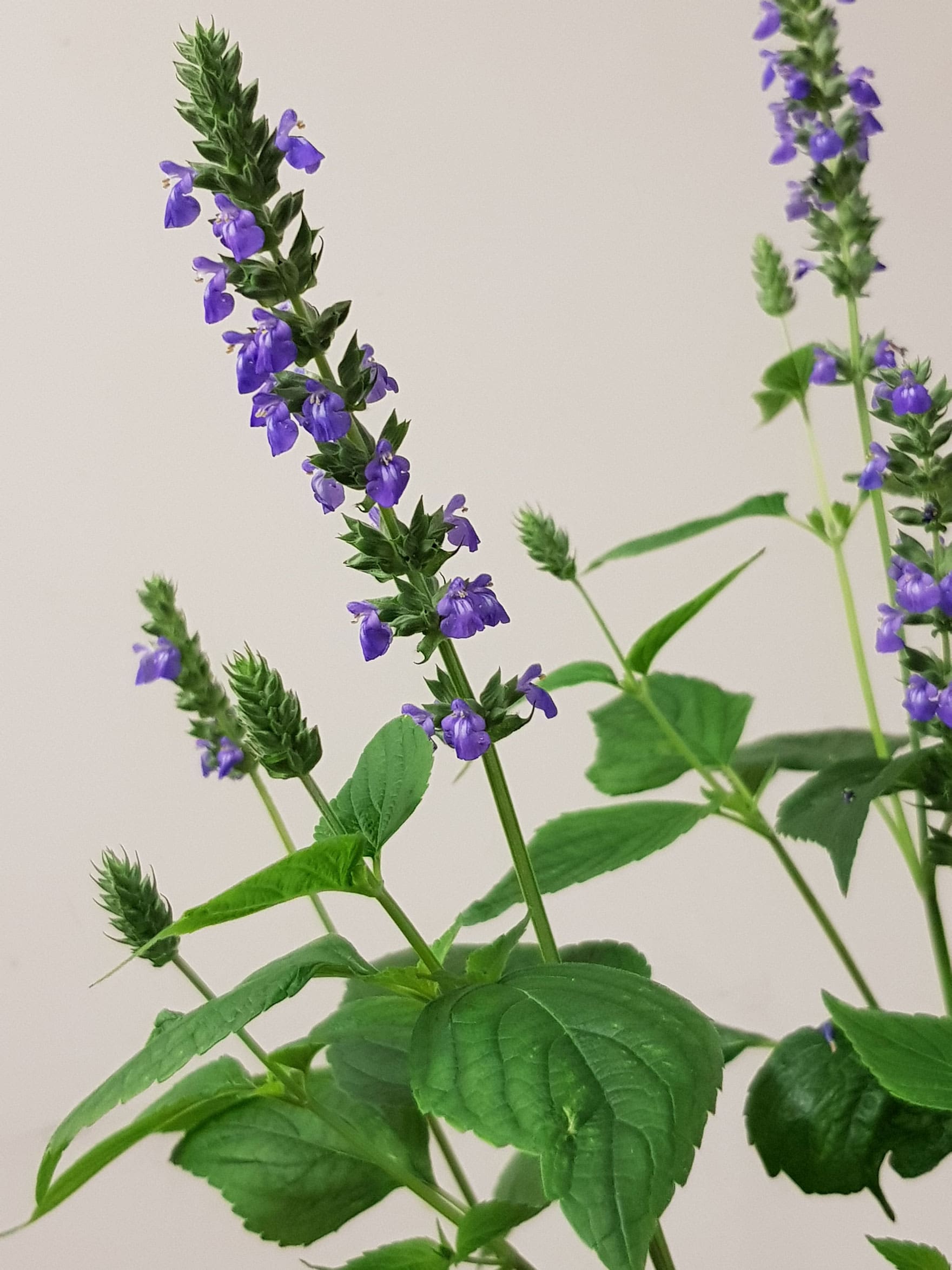
Chia Case Study
Utilising advanced genomics techniques to understand heat-stress responses in Australian chia
With the support of funding granted by the Rosewood Research organisation, PhD student Mrs Tannaz Zare from the School of BioSciences at the University of Melbourne has been allowed to pursue her passion for plant sciences and to apply new perspectives to her research project.
Chia seed is an exciting superfood and a popular gluten-free grain that is widely used as whole seed, oil, and flour in various food products such as multigrain bread, cereals, and nutritional bars. Unhealthy eating habits in the modern diet have caused an enormous increase in the accumulation of saturated and unsaturated fatty acid such as ω-6 in the human body which leads to an unacceptable ratio of ω-6:ω-3 fatty acids (being 20:1 instead of 1:1). The ω-6:ω-3 ratio in Chia seed is 0.27-0.32 (being<1), better than other popular oil crops such as Olive (13.17), Canola (2.18) and Soybean (7.50). Chia seeds are increasingly becoming popular amongst nutritionists as one of the richest botanical sources of ω-3 polyunsaturated fatty acids, as well as being rich in antioxidants, dietary fibre, and proteins which are all essential components in human diet and may help reduce the risk of cardiovascular diseases and improve cognitive functions.
Due to its stringent requirements for certain geographical latitudes, subtropical climate with low rainfall and short days for flowering, chia (Salvia hispanica L.) is only grown in a few locations in the world (mainly in South and Central America). In Australia, it can only be grown during the dry season in the Kimberley region of WA. Since chia plants are relatively sensitive to heat stress and considering a changing climate with predicted temperature increase of 1.0-3.7 ℃ over the next decades, this project endeavours to explore the transcriptional and lipidomics changes of chia plants when subjected to increased temperatures. We are using state-of-the-art next generation sequencing technologies to determine for the first time the impact of heat stress on the chia leaf transcriptome. In addition, we will also focus on understanding the effect of heat stress on the plant lipid composition. Lipids have been shown to be involved in temperature stress responses by remodelling membrane composition to combat heat-induced lipid modifications.
This project provided Mrs Zare with an opportunity to access the cutting-edge transcriptomics and lipidomics platforms to develop a deeper understanding of the heat acclimation mechanisms in chia plant. In addition, the funding will significantly benefit her academic career by fostering new skills and the confidence and ability to use them to develop her further professional career.
